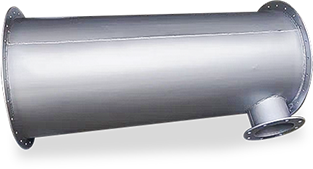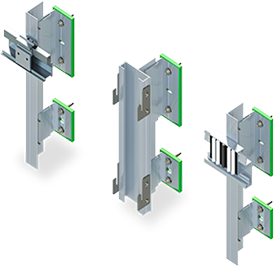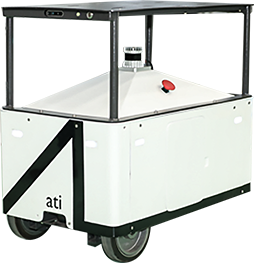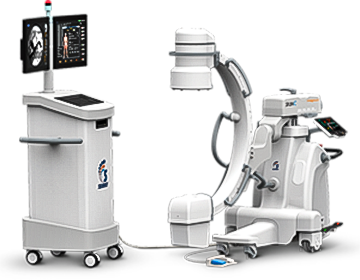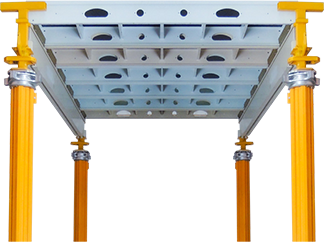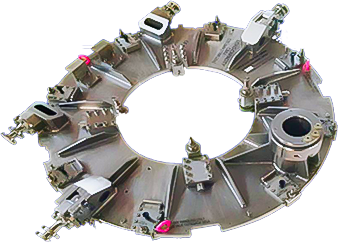Forging Titanium
Material Description
Titanium is an exceptional material for forging applications due to its remarkable material properties, making it highly sought after in various industries. Titanium is a lightweight, high-strength metal that possesses excellent corrosion resistance, making it ideal for components subjected to extreme conditions. Its outstanding strength-to-weight ratio is a defining characteristic that sets it apart from traditional forging materials like steel. This unique property allows manufacturers to create forged titanium components that are not only strong but also significantly lighter, which is particularly advantageous in aerospace and automotive industries where weight reduction is critical for performance and fuel efficiency.
Furthermore, the material properties of titanium include exceptional temperature resistance, with a melting point of approximately 1,670°C (3,038°F). This high-temperature tolerance, combined with its excellent strength, means that titanium forgings can withstand the intense heat and pressure experienced in high-performance engines, jet propulsion systems, and other critical applications. Additionally, titanium’s resistance to corrosion is another pivotal feature, making it suitable for marine environments, chemical processing, and medical implant applications where long-term durability is crucial. The material’s biocompatibility and non-reactive nature with the human body also make it a preferred choice for medical implants, such as artificial joints and dental implants. Overall, the impressive material properties of titanium, including its strength, lightweight nature, temperature resistance, and corrosion resistance, make it an exceptional choice for forging applications across various industries.
Industry Applications
Essential in defense for aircraft components, in solar structures for structures, in medical for orthopedic implants, in electric vehicles for lightweight frames, in drones for structural parts, in aerospace for aircraft frames, and in general engineering for chemical processing equipment.
Finishing Options
Anodizing, Brushed or Polished Finishes, Chemical Etching, Electropolishing
| Density | Tensile Yield Strength (MPa) | Fatigue Strength (MPa) | Hardness (Brinell) | Thermal Conductivity (W/m-K) | Coeff. of Thermal Expansion (mm/mdeg) | Electrical Resistivity (micro Ohm-cm) |
|---|---|---|---|---|---|---|
| 4.5 | 170-900 | 170 | 70-340 | 21.9 | 8.4-9.6 | 4.5 x 10^-7 |
Design Recommendation
Designing components for titanium forging should focus on simplicity with uniform, smooth shapes to minimize material waste. Ensure proper draft angles to facilitate easy die release and avoid sharp corners to reduce the risk of stress concentrations and cracking. Choose the most suitable titanium alloy for the application to maximize cost-effectiveness.
Cost Saving Tip
Forging titanium can be cost-effective by carefully selecting the appropriate titanium alloy for the application. Precision control of heating and cooling processes helps in efficient forging. Utilize advanced simulation software for die design and process optimization. Minimize machining requirements post-forging to save on additional costs. Just-in-time inventory management can reduce storage costs associated with titanium.
